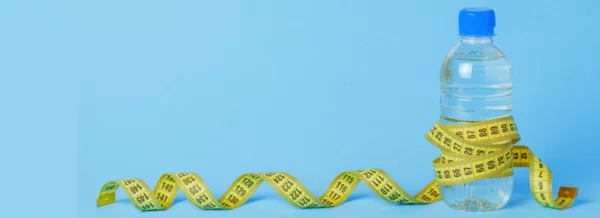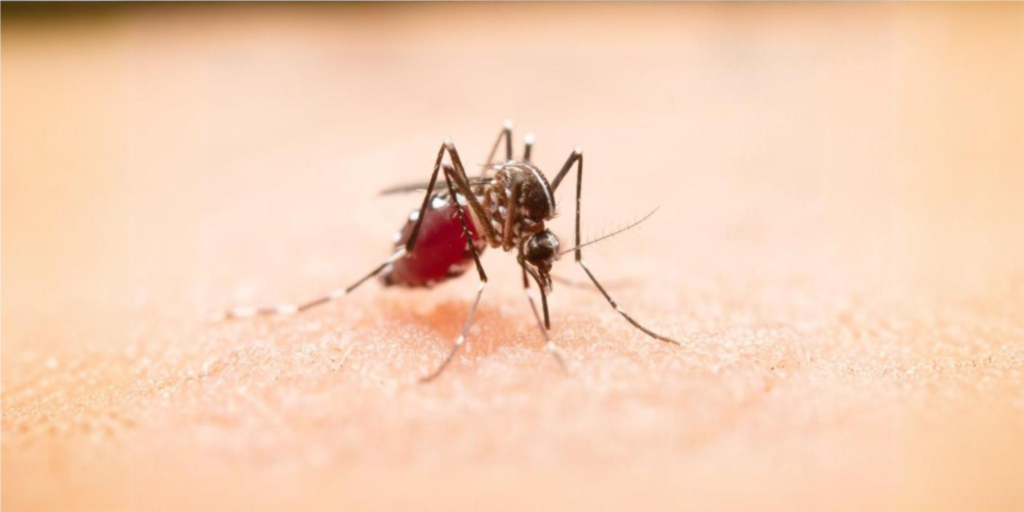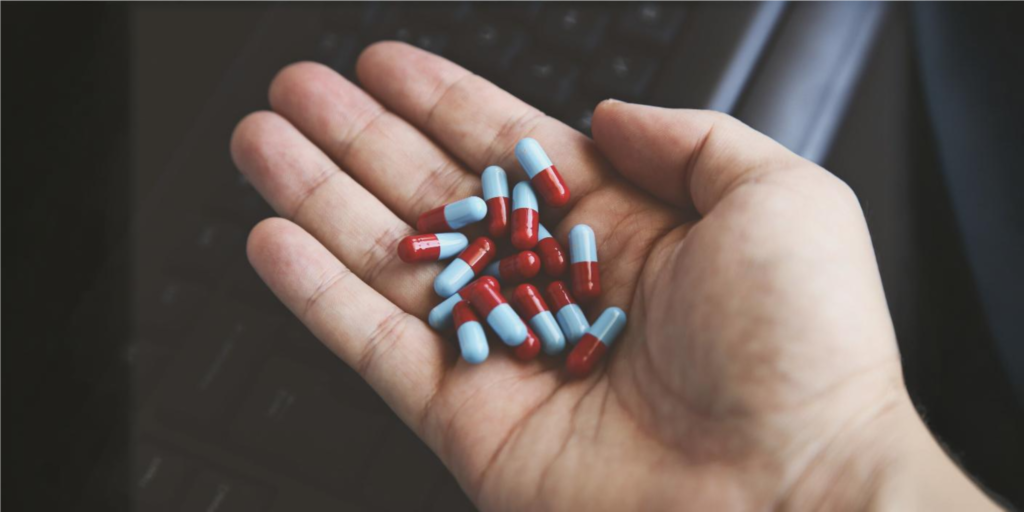Tags
Fact-check: Higher water intake doesn’t assure weight loss
Author
Author
- admin / 1 year

- 0
- 2 min read

Overhydration can lead to water poisoning, intoxication, or disruption of brain function.
By Florica Brahma
It is commonly believed that drinking more water can help one lose weight faster. While it may help reduce calorie intake – as you feel fuller after consuming water – weight loss is not guaranteed.
Currently available scientific evidence about its efficacy is limited. However, increased water intake can temporarily boost metabolism in overweight individuals, suggests a thought-provoking study. Although the notion of water-induced thermogenesis remains contentious, the study finds that overweight subjects experienced a decrease in weight, body mass index, and body composition scores.
That said, don’t expect miraculous weight loss results by drinking more water. Hydration can contribute to weight loss if it is used as a substitute for sugar-laden beverages, including certain sports drinks and “health drinks”. However, there’s no guarantee. Also, overhydration can lead to water poisoning, intoxication, or disruption of brain function.
It’s important to note that hydration needs are highly individual. What works for one, may not work for another. So, whether you drink eight glasses of water daily – there is no clear scientific evidence to support this popular myth – or not, will depend on your body size, activity level, temperature and other health factors.
Water is crucial for sustaining optimal bodily functions. Constituting 60 percent of body weight, it lubricates joints, regulates temperature, facilitates digestion, improves vitality, and ensures enduring health.
Beyond the water we drink, many fruits and vegetables we consume also have water content. So, the focus must be to eat healthy. Listen to your body and drink water when thirsty. However, some older adults may need to consciously remind themselves to drink water, as aging can reduce the sensation of thirst.










